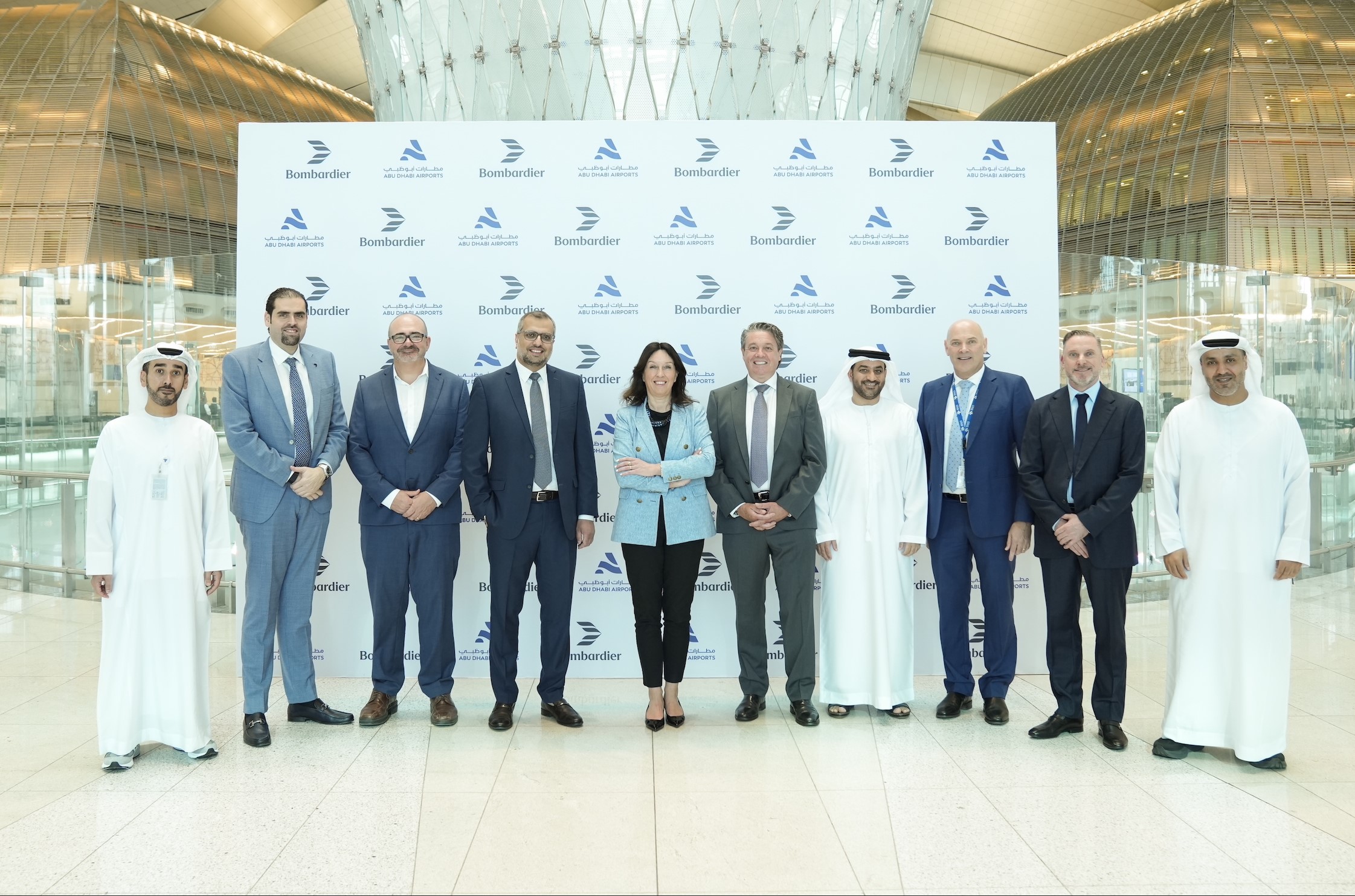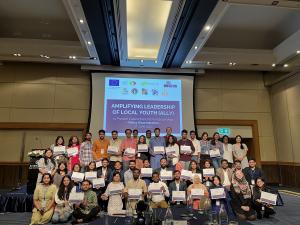Amplifying Leadership of Local Youth
BANGKOK, BANGKOK, THAILAND, August 11, 2022 /EINPresswire.com/ — After two years of building peace in their own countries, 46 youth convened in Bangkok, Thailand to advocate on behalf of their work in South Asia. The ALLY Policy Dissemination Event was one of several engagements between regional policymakers and youth from the European Union-funded ALLY Fellowship Programme.
ALLY – Amplifying Leadership of Local Youth – is a 36-month project empowering youth working to prevent violent extremism (PVE) in India, Pakistan, Bangladesh and Sri Lanka. The project began in March 2020 with participatory action research that engaged 69 active young peacebuilders to produce comprehensive evidence-based regional and country-specific policy briefs. Building on the research, ALLY initiated a fellowship programme comprised of over 60 youth dedicated to PVE in May 2021. More than just advocating for peace, the ALLY Fellows designed and implemented 24 Social Action Plans (SAPs) to promote social cohesion at local, national, and regional levels.
Their SAPs include radio and podcast series, online and in-person workshops, art contests, and much more. Stories of their work and their messages can be found on the ALLY webpage.
With research and real world experience, ALLY staff and fellows, welcomed key stakeholders and policymakers in Bangkok to hear directly from the youth on the real-world impacts of their work, opportunities for change stemming from the ALLY fellows’ SAPs, and their policy recommendations.
Fellows discussed the importance of government platforms that included youth as active participants, policies that allowed access to international donors, the Youth Peace and Security agenda and UNSCR 2250 as focuses in peacebuilding activities, among other topics. With the regional engagement completed, fellows returned to their countries to conduct national level advocacy engagements. Key policy recommendations include:
Regional
● Institutional Youth Participation: Ensure youth inclusion in political decision-making processes to establish a collaborative environment between youth and government.
● Encourage Flexibility: Differentiated policies should be established which make registration processes more transparent and consistent and less complex and costly for youth-led organizations and NGOs with small budgets.
Pakistan
● Ensure Youth Representation: Consider youth as an important stakeholder in all social policy development processes. “National Youth Council” is a great first step.
● Stronger National Youth Assembly: strengthen the National Youth Assembly and take steps to make it a more effective platform for youth inclusion in policy making processes.
● Space for Youth: Listen to young voices and utilize their energies in serving and advancing their local communities. Proper policy planning is needed to make such initiatives more useful and effective.
Bangladesh
● Establish Specific Information: A well-documented and updated, accessible framework with all necessary information on documents, links, and connections by the Bangladeshi NGO Affairs Bureau would help streamline the registration process.
● Create Local Funding Mechanism: Additional and sustainable local funding opportunities for PVE should be created. Besides fund-disbursing organisations, the private sector could contribute through corporate social responsibility (CSR) funding.
● Revision, Integration, and Development: Integration of peace, tolerance, inclusion, diversity, and global citizenship in the existing education curriculum would greatly facilitate peace and development programs in the long run.
Sri Lanka
● Resume Relevant Institutions: Resume the transitional justice process.
● Non-Discriminatory Policies: Reform policies and legislation that are discriminatory against minorities.
● Establish National Action Plan: Formulate a comprehensive national roadmap towards preventing violent extremism that includes youth based on the 2015 plan of action to PVE of the Secretary General of the United Nations.
India
● Establish Bodies for Social Cohesion and Youth: Create a special body for social cohesion similar to ministries or the Reserve Bank of India.
● Enact Flexible Policies and Regulations for PVE: Create sustainable, locally-focused peacebuilding organisations with legal support and easier bureaucratic processes.
Not only are youth highly affected by violent extremism, they also play a crucial role as positive change agents working closely with those most susceptible to extremism, and their inclusion in peacebuilding is crucial to long-term, systemic change across South Asia.
Following the completion of all activities in August 2022, ALLY consortium partners will continue to support ALLY stakeholders through regional engagements and their on-going regional networks. Those interested in future opportunities should follow the Network’s Facebook and Twitter pages.
To download and read the ALLY research and recommendations, visit the UNOY and Network websites:
and
ABOUT ALLY
Amplifying Leadership of Local Youth (ALLY) intends to amplify young people’s constructive voices and agency in addressing diverse factors of violent extremist narratives in South Asia, particularly in Bangladesh, India, Pakistan, and Sri Lanka. It is a 30-month program funded by the European Union, launched in March 2020, and implemented by The Network for Religious and Traditional Peacemakers with a consortium of partners: UNOY Peacebuilders, Finn Church Aid, Youth Development Foundation, Sri Lanka Unites, Rural Development Society, and Centre for Communication and Development. Combined, the consortium carries 100+ years of experience in youth-driven peacebuilding and capacity development.
For more information please contact:
Name: Philip Gassert
Position: Project Coordinator
Company: The Network for Religious and Traditional Peacemakers
Email: [email protected]
Ruksina Mutthikuljones
Midas PR
+66 80 304 8870
email us here
![]()
Article originally published on www.einpresswire.com as Youth Peacebuilders Across South Asia Share Policy Recommendations on Social Cohesion










 ,
,




